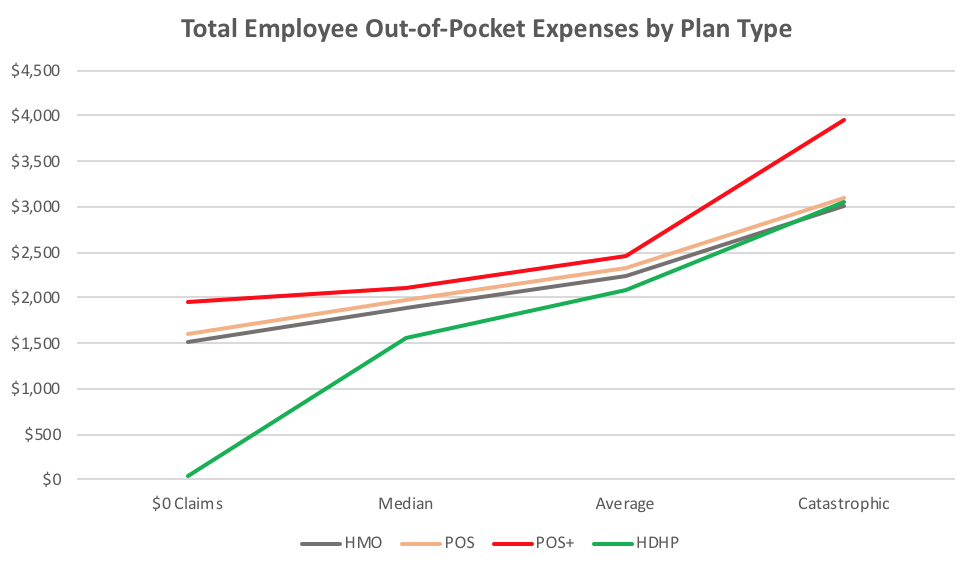"In healthcare, brokers help most companies buy, manage, and choose healthcare plans. But, judging by rates of change, spending trends, and objectivity, it’s debatable where they’re adding value and how keen their eye is for innovation." Read more at AJMC. Photo by Adeolu Eletu on Unsplash
Corporate Capital Allocation and Healthcare Spending
I just re-read "The Outsiders: Eight Unconventional CEOs and Their Radically Rational Blueprint for Success" by Willam Thorndike. It's an analysis of eight relatively unknown Jack Welch-record-beating CEOs and how they trounced the market and industry peers over 20+ years. Their primary source of value as CEOs was how they allocated capital, or how they invested the excess cash their businesses made. The companies were decentralized organizations, never paid big dividends, learned when to exit ...
Intentional Discomfort
I used to wonder why airline seats were so uncomfortableNow we have economy seats that charge for the right to choose a seat and check a bag (and sometimes even for a carryon. Thanks Frontier). Then I started to understand metrics like revenue per seat, that seats were a commodity, that industry consolidation had taken its toll on differentiation, and how cramped legs were used to push the well-heeled into comfort+ or first class. This increases cash flow and share prices. Until a couple weeks ...
A Transparency Lesson from Harvard
There's an employee benefit that ranks higher than flexible work hours, more vacation time, student loan assistance, triple-strained yogurt, organic tofu, or German ping pong tables. It's outlined in a 20-40 page document, relates to your health and finances, can be useful in pay negotiations, and is the most valued benefit by job seekers. It's a company's healthcare benefits and they're found in the open enrollment (OE) guide. Its stage time is (usually) November during open enrollment. The me ...
Is The Cheesecake Factory in the Healthcare Business?
People who work on the business side of healthcare often wish that companies would think about healthcare more often, or even concede that they are in "the healthcare business." I suppose part of this is the law of the instrument, which even if not said by Mark Twain, sounds like Mark Twain: "To a man with a hammer, everything looks like a nail." Nails are everywhere. Healthcare businesses often think of non-healthcare companies as running a healthcare business. In their defense, healthcare is ...





